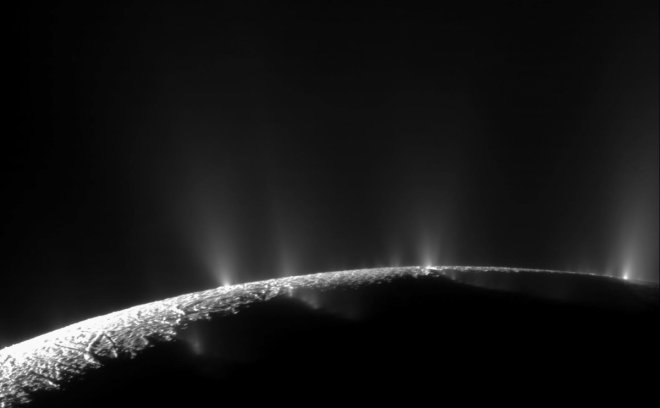
Space buffs all around the world were eagerly waiting for the press conference announced by NASA on Thursday, and fortunately, their wait did not go in vain as the world's leading space agency has revealed a milestone discovery in its journey to find alien life. For the first time in history, NASA has discovered eight planets orbiting a distant star named Kepler-90 which is located 2,545 light-years from Earth in the Draco constellation.
This is for the first time that a star with similar characteristics like our Sun has been discovered in outer space. Earlier, researchers have discovered seven planets orbiting this star, and with the help of Google's artificial intelligence, the team uncovered the eighth planet. The new planet has been named Kepler-90i.
According to scientists, the new planet Kepler-90i is not a habitable one, as it is rocky, hot and small. This planet revolves around its star every 14.4 days. In our solar system, Mercury is the closest planet to the sun, and it revolves around the sun every 80 days.
The new discovery is undoubtedly startling as the number of planets revolving around Kepler-90 are just the same as our sun, as the planet status of Pluto was stripped long back in 2006.
"Just as we expected, there are exciting discoveries lurking in our archived Kepler data, waiting for the right tool or technology to unearth them. This finding shows that our data will be a treasure trove available to innovative researchers for years to come," said Paul Hertz, the director of NASA's Astrophysics Division in Washington, D.C in a statement.
After the announcement, Christopher Shallue, a senior software engineer at Google AI in California said that the reach of artificial intelligence is infinite, and added that machine learning often outshines humans in situations where there is so much data that humans cannot search for themselves.
"The Kepler-90 star system is like a mini version of our solar system. You have small planets inside and big planets outside, but everything is scrunched in much closer," said Andrew Vanderburg, a NASA Sagan postdoctoral fellow at the University of Texas.
Kepler telescope mission is widely considered as the most successful project launched by NASA in its search to find alien worlds. The first mission of the Kepler telescope spanned between 2009 - 2013, and now the telescope is on its second mission named K2.








